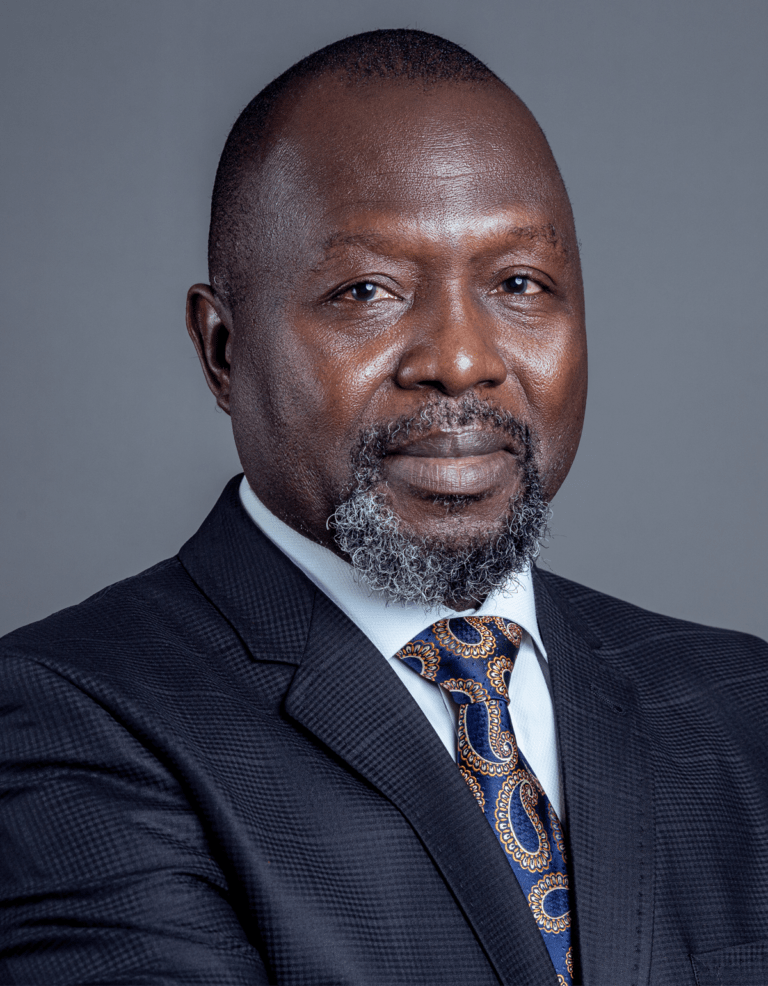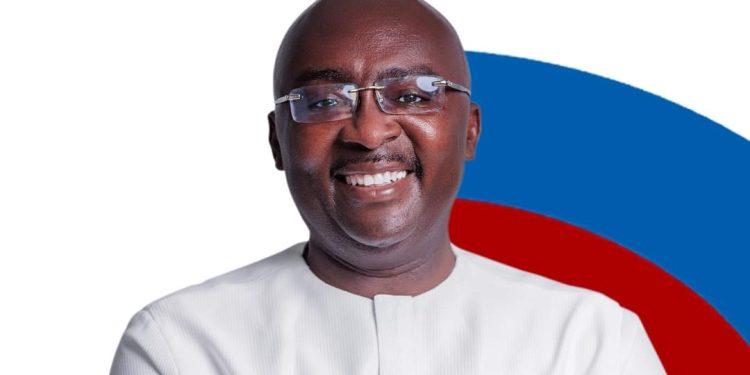Ghana’s Attorney-General and Minister for Justice, Dr. Dominic Ayine, has reaffirmed his resolve to prosecute government officials who breach the constitutional Code of Conduct, underscoring the Mahama administration’s broader push to reinforce accountability and ethical governance.
Speaking to journalists in Accra, Dr. Ayine stated that any violation of Chapter 24 of the 1992 Constitution, which mandates public officers to avoid conflicts of interest and declare assets and liabilities, would be met with swift legal action.
“There will be no tolerance for abuse of office,” he said, adding that the rule of law must apply equally, irrespective of political affiliation.
Dr. Ayine’s remarks come as government intensifies work on the Conduct of Public Officers Bill, a long-awaited piece of legislation that seeks to codify and strengthen existing constitutional requirements.
The bill addresses issues such as, Conflict of interest, Improper enrichment and abuse of office andTransparency in asset declaration
Once passed, the bill will provide a more robust enforcement framework, including clear sanctions and administrative penalties.
In a parallel effort, the Commission on Human Rights and Administrative Justice (CHRAJ) has urged all public officers to acquaint themselves with their constitutional duties.
CHRAJ officials stress that adherence to the Code is not optional, and ignorance will not be a shield against prosecution.
Addressing concerns over selective justice, Dr. Ayine defended recent decisions to discontinue certain prosecutions, citing insufficient evidence and ethical considerations.
“We will not pursue cases that cannot stand legal scrutiny. Our prosecutorial discretion is guided by evidence not politics,” he said.
The Attorney-General dismissed claims of political interference, insisting that all such decisions were made independently and in line with professional standards.
The renewed focus on integrity in public office forms part of a wider push by the Mahama government to rebuild trust in state institutions and root out systemic corruption.
Dr. Ayine’s assurances, coupled with pending legal reforms, signal a more assertive posture on public sector accountability.
By: J.W Quarm





